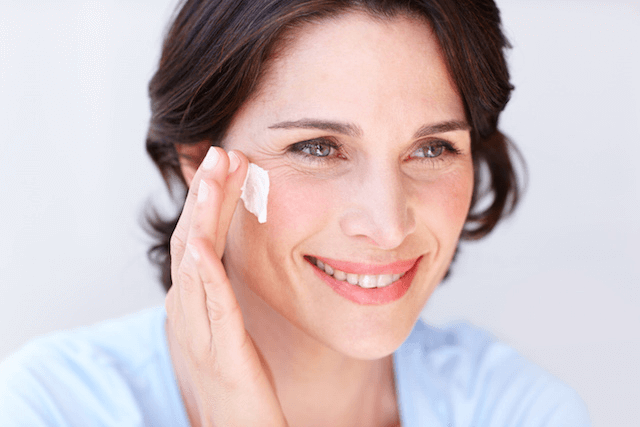Dark Circles and Puffy Eyes Explained
Dark circles under the eyes can age an entire face, even on the most youthful of individuals. Puffy eyes, too, can make individuals appear tired and worn-out, with a dull complexion to boot.
Dark circles are caused by many factors, which generally fall into two categories – inherited and lifestyle-related. Allergies, for example, would be classed as an inherited factor, as would pigmentation, which causes dark discolouration of the skin in certain places. Another inherited factor may simply be the fact that you have deep-set eyes, which can lead to shadows around the eye area, where the skin is especially thin and fragile. Lifestyle-related factors include diet, lack of sleep, smoking habits and damage caused by sun exposure – all of which can be avoided to help clear up those dark circles.
When it comes to puffy eyes, the problem is almost always lifestyle-related, with diet playing a huge role. Here’s how diet affects your puffy eyes, and how you can address the issue:
How does my diet affect dark circles?
Studies have found that diets high in salt contribute to fluid retention, which can cause that tell-tale under-eye puffiness that so many people know well. Even for people that don’t add extra salt to their food, processed foods and snacks can be full of hidden sodium chloride that can throw the body’s fluid balance off-kilter.
The body needs sodium to maintain this balance of fluids, as well as sending out nerve impulses and keeping the muscles functioning smoothly. So how can you reduce your sodium intake without affecting these crucial functions?
Choose fresh foods over processed foods, always. Fruits and vegetables will always prevail over lunchmeat, hot dogs and burgers.
When you do purchase processed food, be selective about it. Canned soup, for example, can be high in sodium, but there are often reduced-sodium alternatives available.
Don’t add extra salt to your recipes, except if you’re baking – salt can be a crucial component in things like bread, and losing out could compromise the quality and taste.
Try to hold back when it comes to adding condiments. Ketchup, mustard and bottled salad dressings are all high in sodium, and can also contain a surprising amount of sugar, which is bad for the body overall.
Use fresh herbs and dried spices to add extra flavour to your food.
Be careful when using salt substitutes – you may be tempted to use more than necessary because it’s a ‘substitute’ rather than the real thing.
Mild puffiness under the eyes is common, and not a medical cause for concern – but reducing your salt intake can help reduce water retention in the body and create a more even-looking appearance under the eyes.


